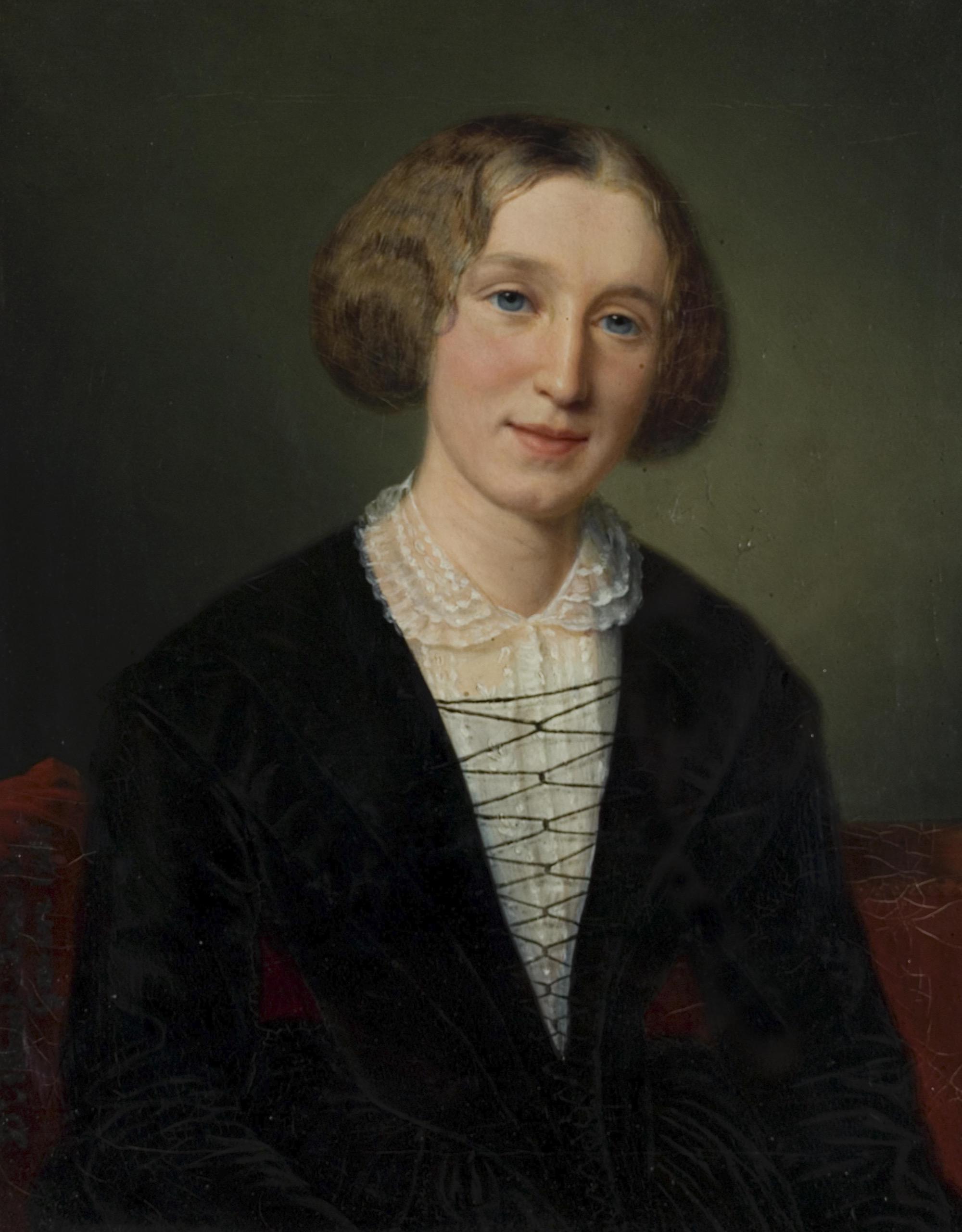In the spring of 2024, I took a graduate seminar on Leibniz taught by Professor Sukjae Lee in the Department of Philosophy at Seoul National University. The course centered on metaphysical issues in early modern philosophy. Although Leibniz was a German philosopher, his writings and the interpretive approaches they have inspired frequently transcend the conventional boundaries of “continental” philosophy. In particular, Robert Merrihew Adams’s book on Leibniz exemplifies an analytic style more characteristic of the Anglo-American philosophical tradition.
Over the course of these studies, I learned that from the medieval to the early modern period, philosophers advanced three principal views regarding the relationship between God and created beings. Mere Conservationism posits that after God creates creatures, He merely preserves their existence, leaving the true source of causation primarily to the creatures themselves. This stance makes the relationship between God and created beings appear distant. Occasionalism, notably championed by Malebranche, maintains that God alone is the true causal agent, with creatures acting merely as “occasional causes.” This theory, however, raises the problem of evil. Concurrentism, the position favored by Leibniz, takes a middle path, in which God and creatures cooperate and act concurrently in the causal process. This approach preserves God’s sovereignty while acknowledging the agency of creatures, thereby offering a flexible and elegant theoretical framework that leaves room for further inquiry.
By a similar coincidence, teaching styles themselves can be analogized through a comparable tripartite schema. Professor Lee introduced three pedagogical methods and analyzed their respective advantages and disadvantages:
Presentation-oriented lesson (PL): Here, a single student is responsible for presenting the assigned reading for the day. This method can be likened to Mere Conservationism. In such a setting, the instructor’s role resembles that of a “distant God,” sustaining the structure of the course without engaging deeply. As a result, only the presenting student remains truly active, while other students and even the professor become relatively passive observers. For a non-native speaker of Korean like myself, this format poses challenges: the linguistic style, pace, and focal points vary with each presenter, making it difficult to achieve timely comprehension or to develop intellectual resonance. Moreover, when I serve as the presenter, my attention may shift from gaining a comprehensive understanding of the course material to simply delivering a one-time performance, which ultimately does not foster genuine intellectual growth.
Lecture-oriented lesson (LL): In this model, the instructor takes on the primary role of imparting knowledge, a scenario comparable to Occasionalism. The professor functions as the sole driving agent, continuously “injecting” knowledge into the students’ minds. While this method is often efficient, it may lack interactivity and engagement. If the professor merely recites slides for hours, even abundant information can have a soporific effect. Ideally, university-level philosophy courses should not merely produce students who mechanically recite facts; rather, they should cultivate a sense of inquiry and the capacity for independent critical thought.
Respond-paper-oriented lesson (RPL): This approach corresponds to Concurrentism and offers a balanced middle ground. Before each class, students write short response papers (RPs) addressing the course texts or topics, uploading them to the course website by a set deadline. In doing so, each student can thoroughly reflect on the readings, express their thoughts freely, and study the responses of their peers in advance. Even when dealing with texts in a foreign language, I was able to carefully process them beforehand, slowly absorbing their content. During class, the professor guides the discussion based on themes and questions raised in the RPs. This interactive environment ensures that each student’s perspective is seriously considered and addressed. It also offers me a more direct experience of philosophical discourse. Each discussion helps clarify certain conceptual difficulties and evokes a shared sense of dynamic inquiry, as though we are forging ideas together rather than passively receiving them.
Through this Leibniz-centered course, I not only deepened my understanding of the metaphysical relationship between God and creatures, but also personally experienced the subtle interplay between pedagogical philosophy and modes of knowledge transmission. Mere Conservationism, Occasionalism, and Concurrentism each unfold in intellectual history as profound theoretical paradigms; in the classroom, they materialize as distinct teaching and learning models, prompting me to reflect on the meaning of philosophy education itself. By embracing the RPL method’s “collaborative causality,” I have grown from a passive receiver of knowledge into an active thinker and interlocutor. This transformation is undoubtedly the most valuable legacy of the course, strengthening my conviction that genuine philosophical inquiry, much like Concurrentism, requires the cooperative interplay of many agents, continuously sparking the flame of wisdom through a collective symphony of thought.
The post Mere Conservationism, Concurrentism, and Occasionalism in Teaching first appeared on Blog of the APA.
Read the full article which is published on APA Online (external link)







